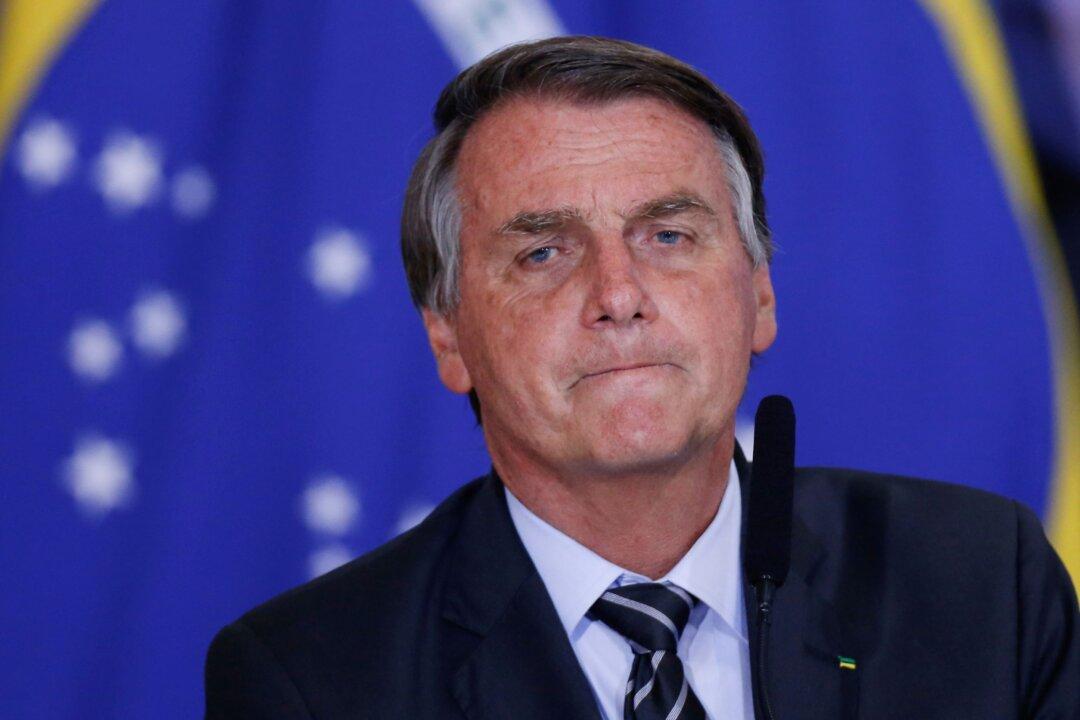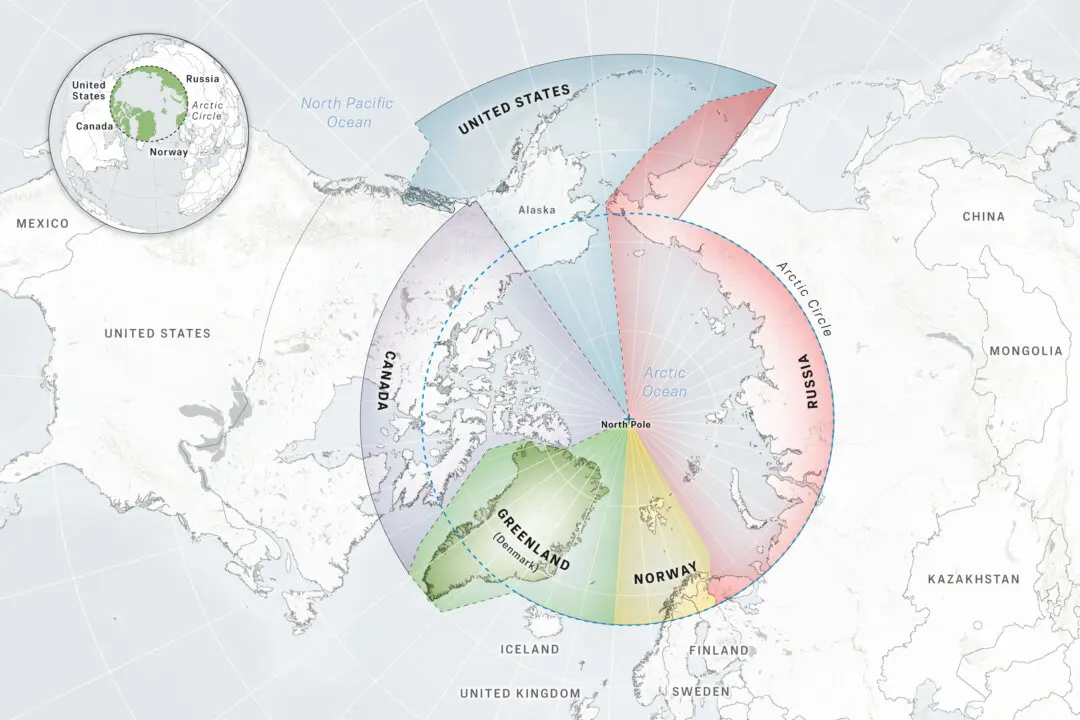SANTA CRUZ, Bolivia—The ministers of Brazil’s Supreme Court are scheduled to vote on Dec. 16 to decide on whether to expand a coronavirus vaccine mandate for travelers entering the country to apply to Brazilian citizens returning home.
Federal Supreme Court (STF) Minister Luís Roberto Barroso ruled in favor of expanding the mandate on Dec. 11. The rest of the justices will decide whether to make Barroso’s temporary order permanent.





